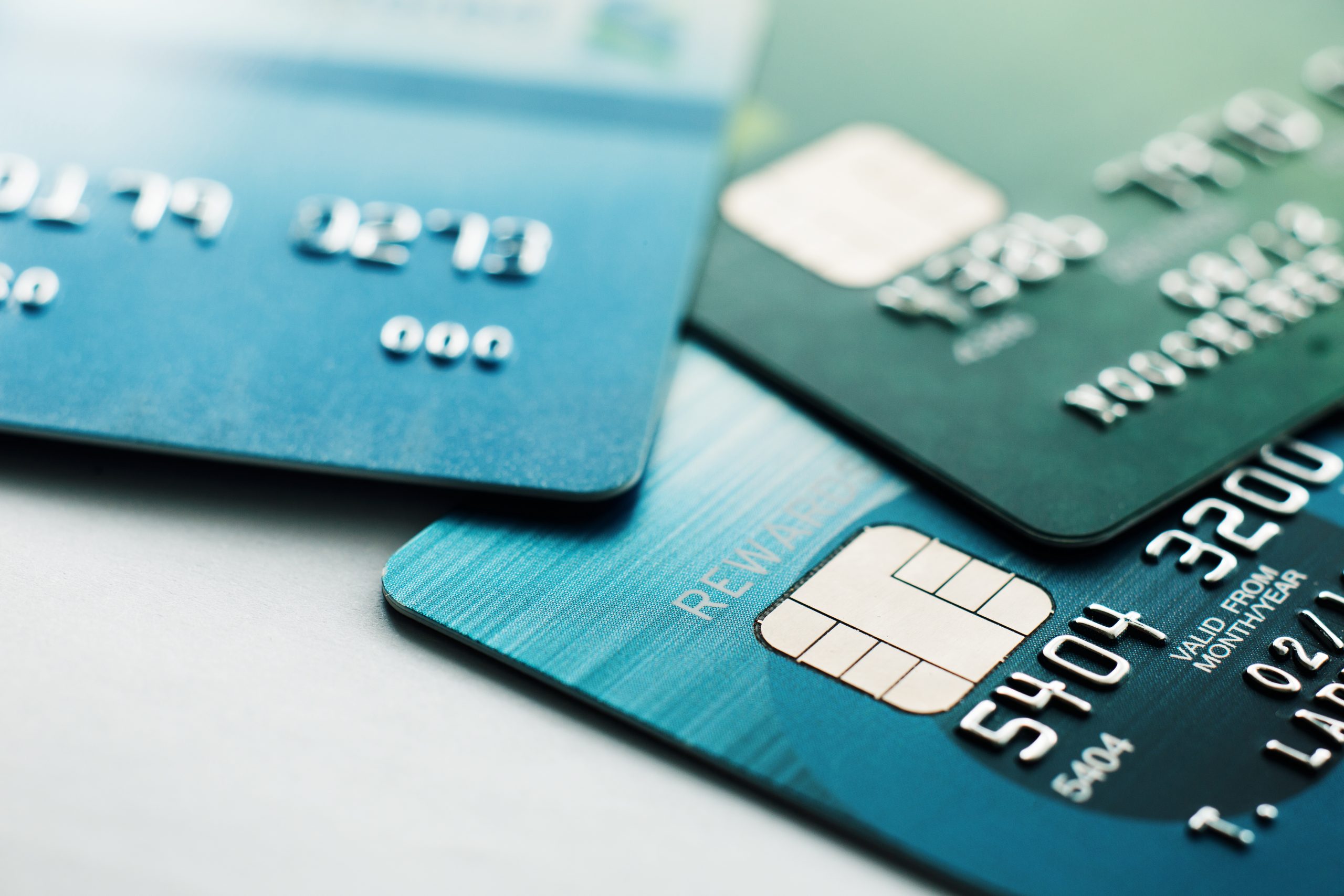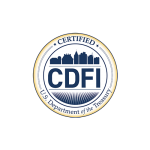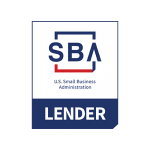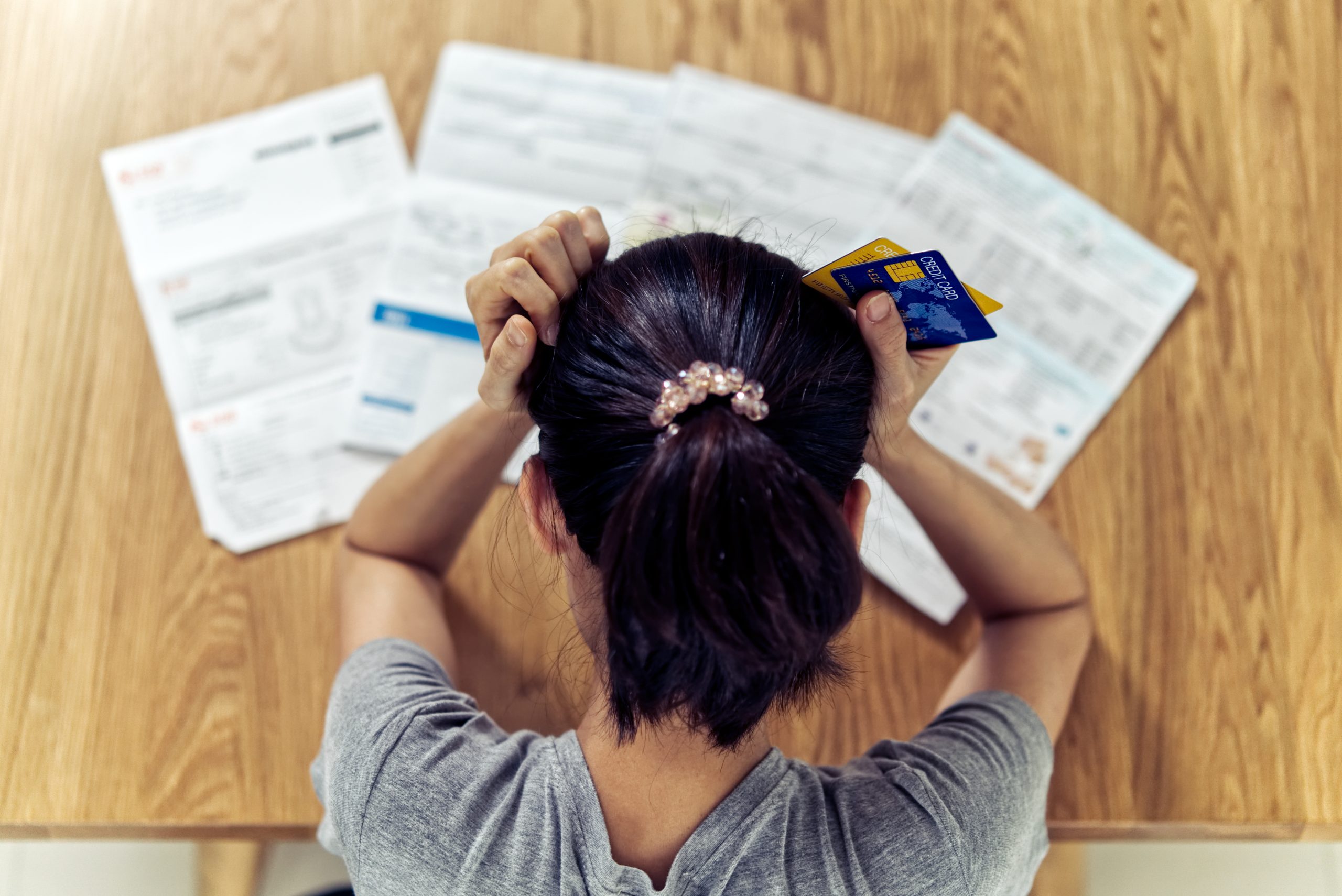
If you have a lot of credit card debt, you probably know the reasons why you need to pay it down. Reduced levels of stress, savings on interest payments and an improved credit score are just a few reasons for paying off credit card debt.
Most financial professionals will agree on that the best way to pay your credit card bill is by paying the statement balance off in full by the due date of each month. Handling credit cards in this manner will ensure that you’ll never make interest payments or pile up unwanted debt.
However, paying off credit card debt is not a one-size-fits-all solution. There are numerous ways to tackle this problem and it’s best to seek the option that works best for you. To tackle credit card debt head on, it helps to first develop a plan and stick to it
If you are carrying credit card balances month to month, paying off that debt fast might be easier than you think. The following strategies can help you decide which course to take to quickly pay off any credit card debt.
Target one debt at a time
Do you carry a balance on more than one credit card? If so, make sure you always pay at least the minimum on each card. Then focus on paying down the total balance one card at a time.
Pay more than the minimum
Whenever possible pay more than the minimum balance. By paying more than the minimum on every payment, you will pay-off the loan sooner and pay less money in interest.
Paying the minimum amount due will keep you in good standing, avoid paying late fees or interest at a higher penalty rate but you will still accrue interest on your unpaid balance.
Focus on highest interest debt
Check the interest rate section of your statements to see which credit card charges the highest interest rate, and concentrate on paying off that debt first.
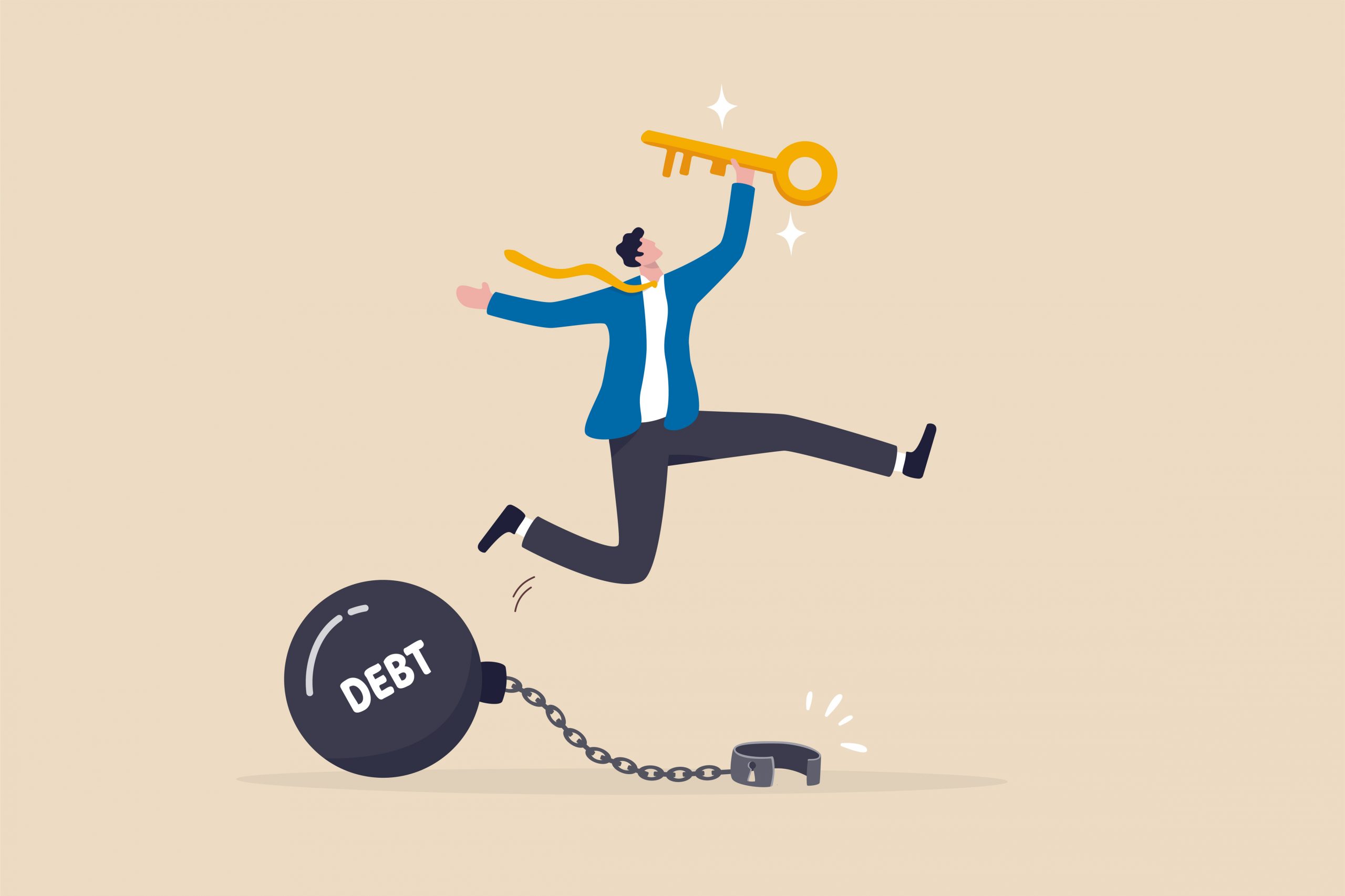
Consolidate debt
Consolidating your debt lets you combine several higher-interest balances into one with a lower rate, so you can pay down your debt faster without increasing payment amounts. Here are two common ways to pay off credit card debt:
Balance transfer credit cards
Take advantage of a low balance transfer rate to move debt off high-interest cards. Be aware that balance transfer fees are often 3 to 5 percent, but the savings from the lower interest rate may often be greater than the transfer fee. Always factor that in when considering this option.
Tap into your home equity
If you have equity in your home, you may be able to use it to pay down card debt. A home equity line of credit may offer a lower rate than what your cards charge. Be aware that closing costs often apply.
If you do consolidate, keep in mind that it’s important to control your spending to avoid racking up new debt on top of the debt you’ve just consolidated.
Review your spending
Start by categorizing your monthly spending, for example: groceries, transportation, housing and entertainment. Your credit card statement can be a helpful tool; many issuers categorize your spending. Look for areas where you can cut back. Then take the money you’ve freed up and apply it to paying down your debt.
Pay with cash
One way to manage your overall debt is to consider purchasing things with cash. Using cash or a debit card can help you avoid overspending or making impulse purchases—plus you eliminate any extra fees that may apply when paying with plastic. You’ll also have a clear understanding of how much is going out vs. coming in every week or month.

Apply bonuses or financial windfalls
Commit raises, bonuses or other financial windfalls to paying off credit card debt rather than adding these funds to your monthly spending pool. Using this “extra” money to chip away at your debt can help you reach repayment goals faster.
The Snowball Method
This debt-repayment strategy (which excludes your mortgage) focuses on paying off your smallest debt balances first while making minimum payments on all other debts.
Once a balance is paid off, you take the funds you had previously allocated to your smallest debt and put them toward the next-smallest balance, essentially building, or “snowballing,” your repayment toward the next balance. This cycle repeats until all of your debt is repaid.
Each balance payoff is a win. It’s a debt-repayment method that may not save you money on interest but could be a great motivator to keep paying off your debt.
Bottom line
Credit cards can be a convenience and a great tool for building up your credit score. However, credit cards need to be managed carefully or they can turn quickly into a debt trap that can take years to get free from.
As a rule of thumb only charge what you know you can pay off. This will keep you from falling into the trap of high interest payments. If you are already over your head don’t panic! Take action with one or more of the strategies above and hold your course. Over time you can win the debt game.

